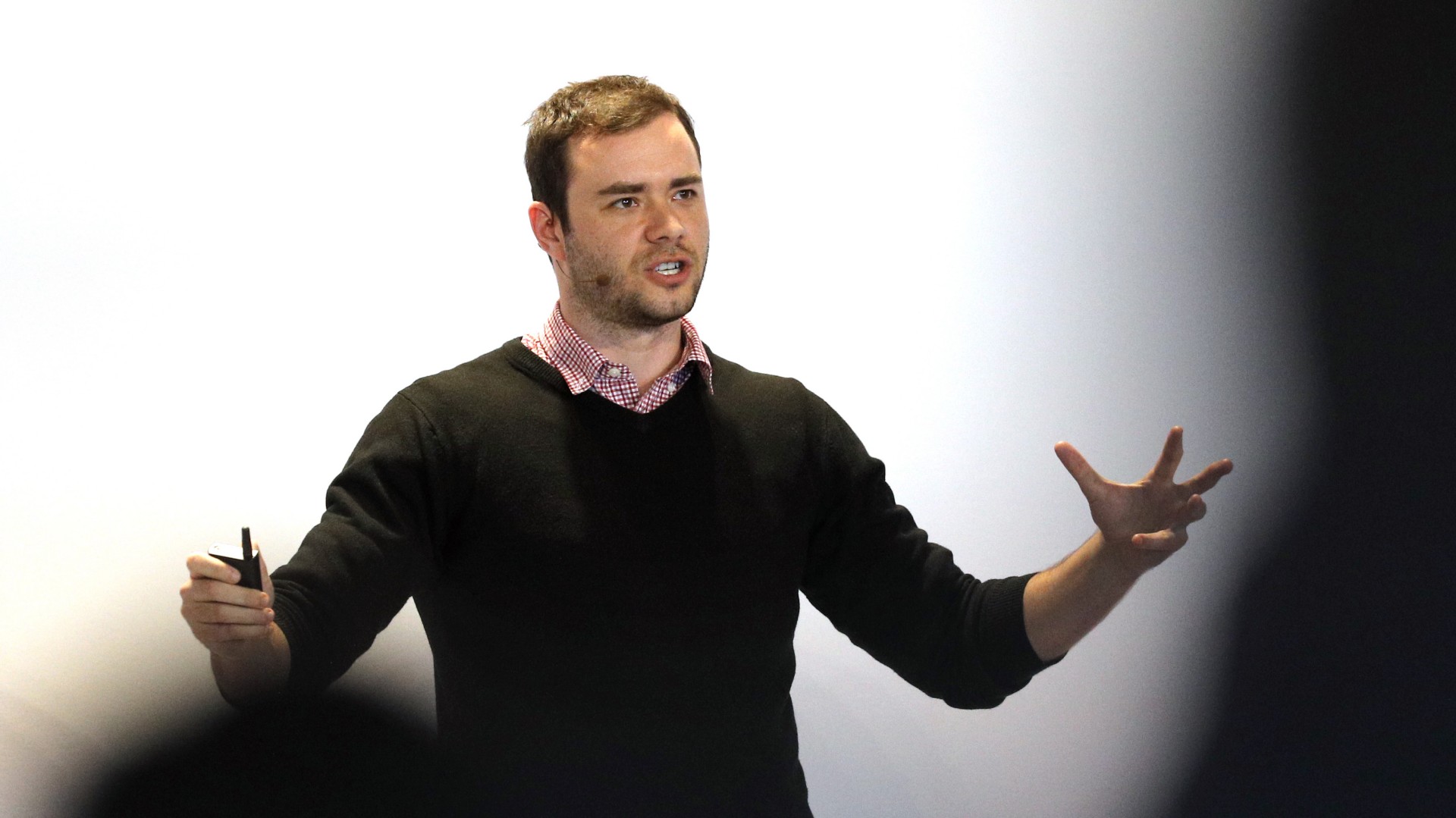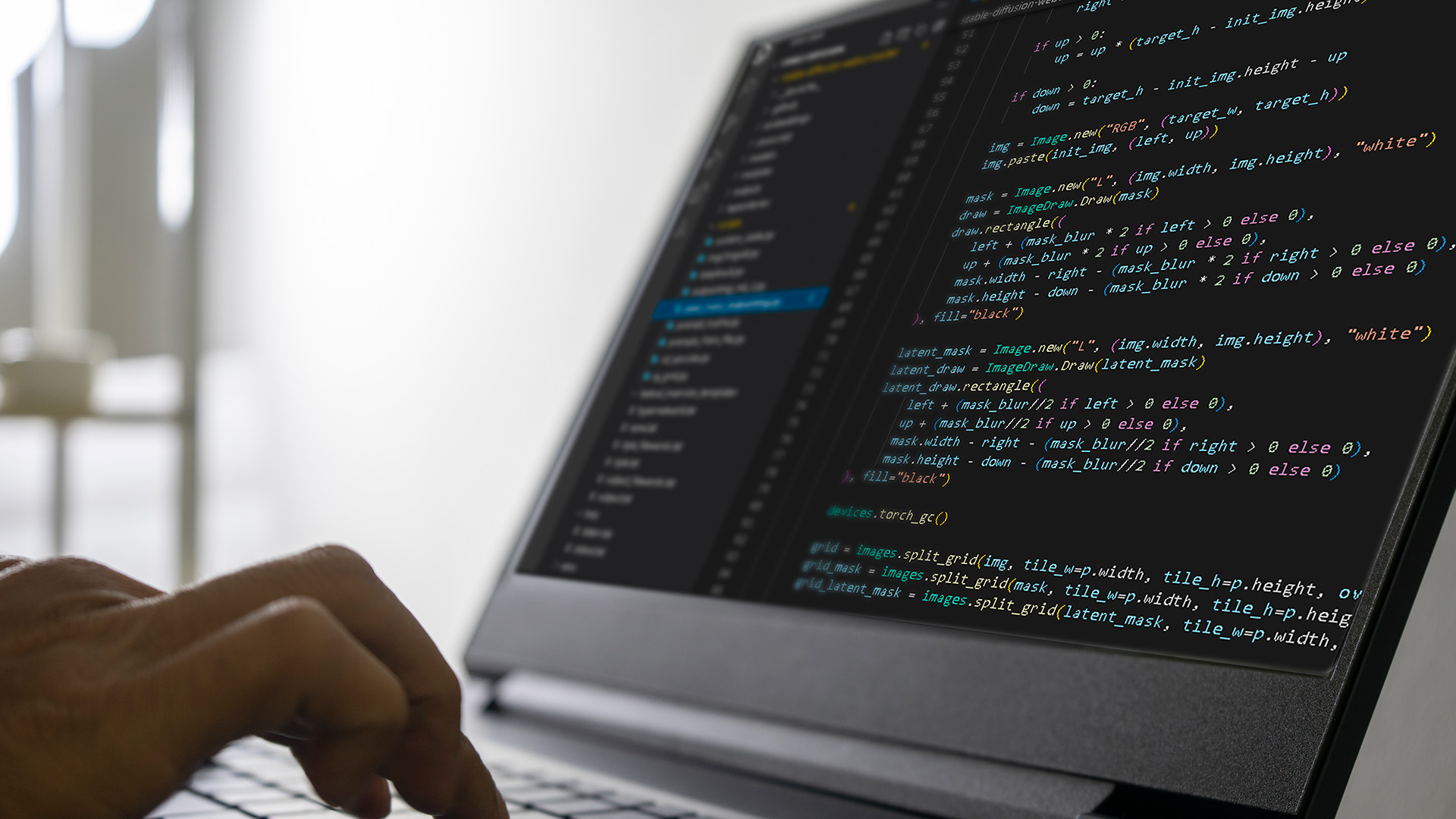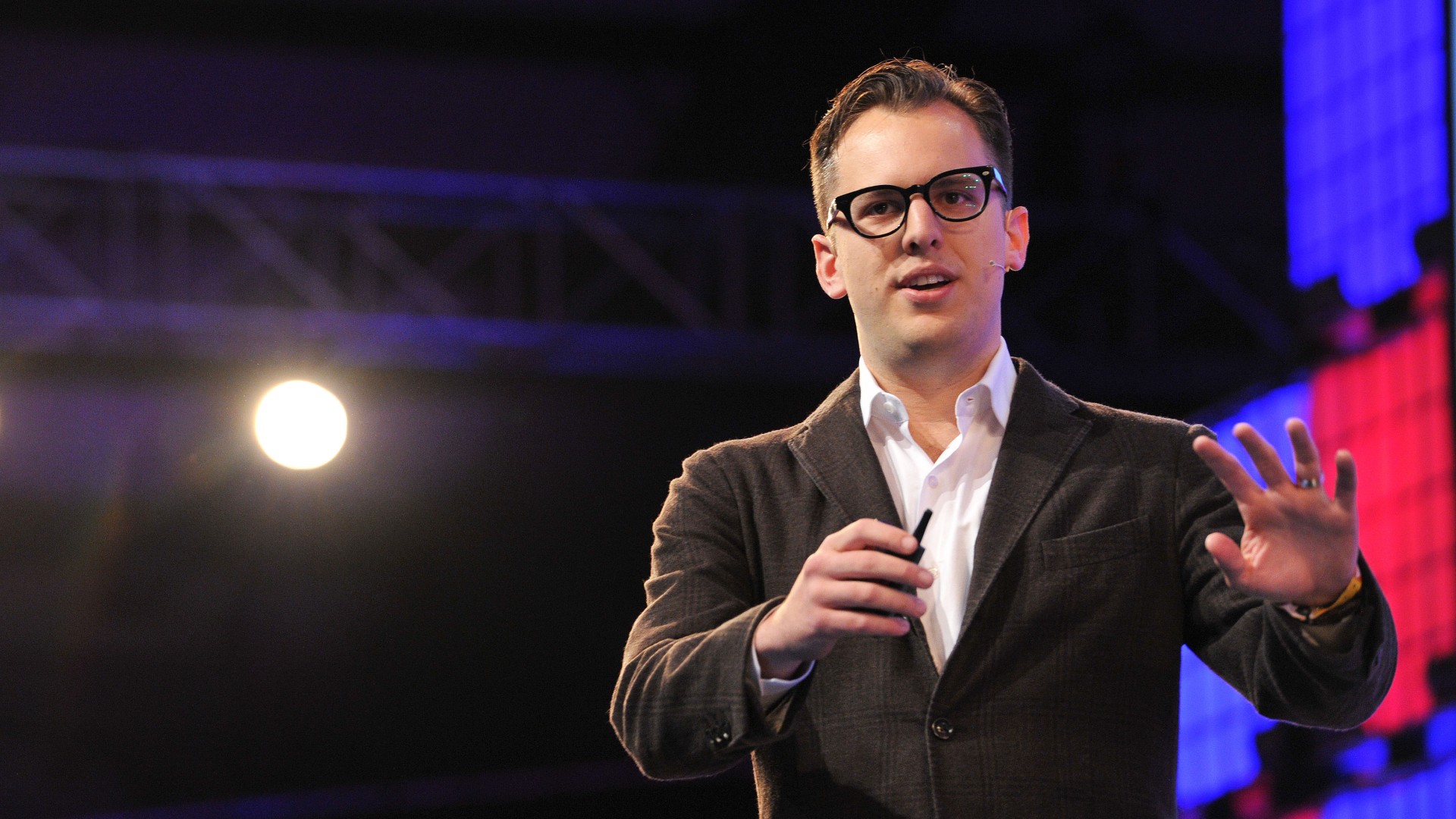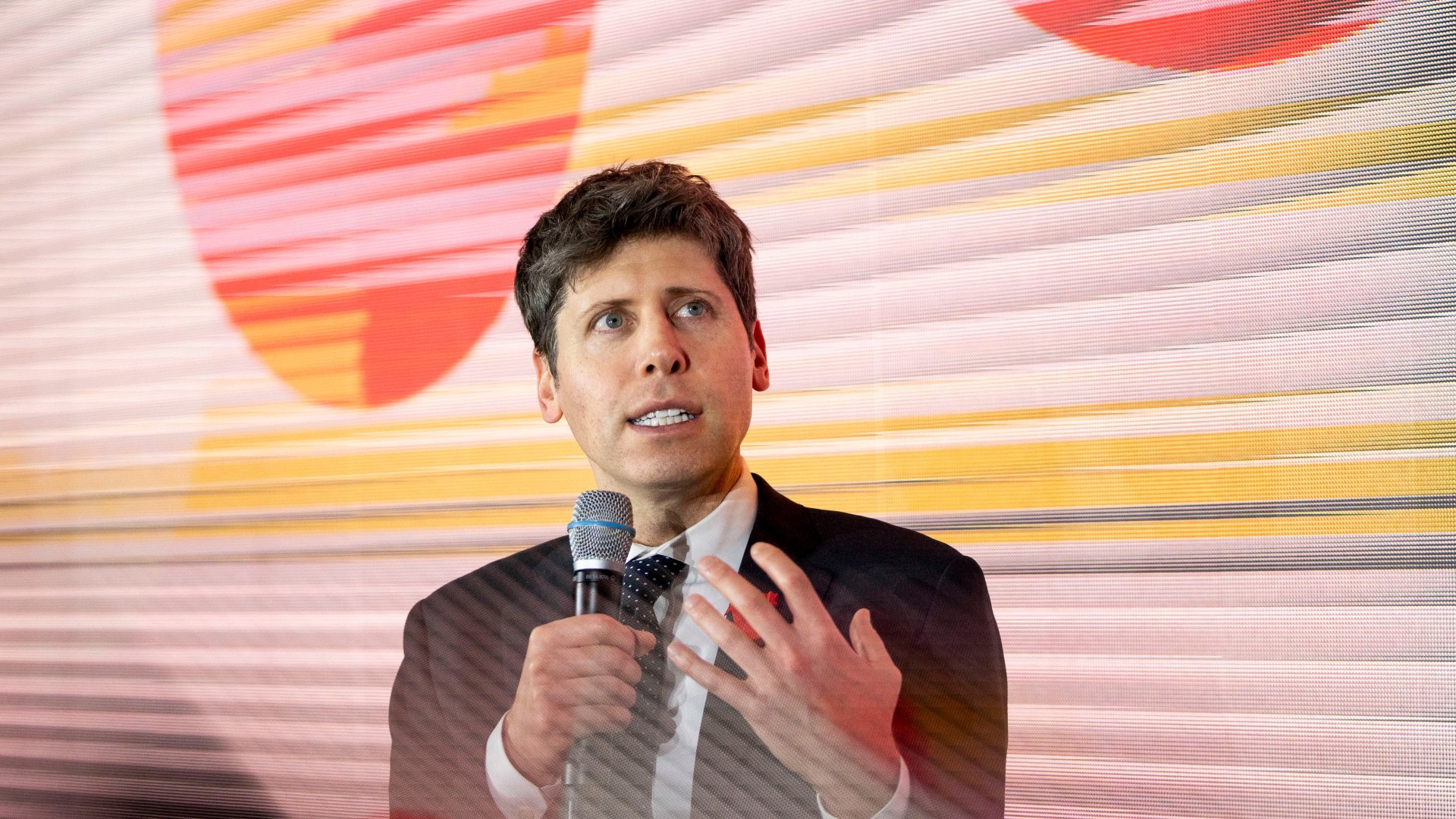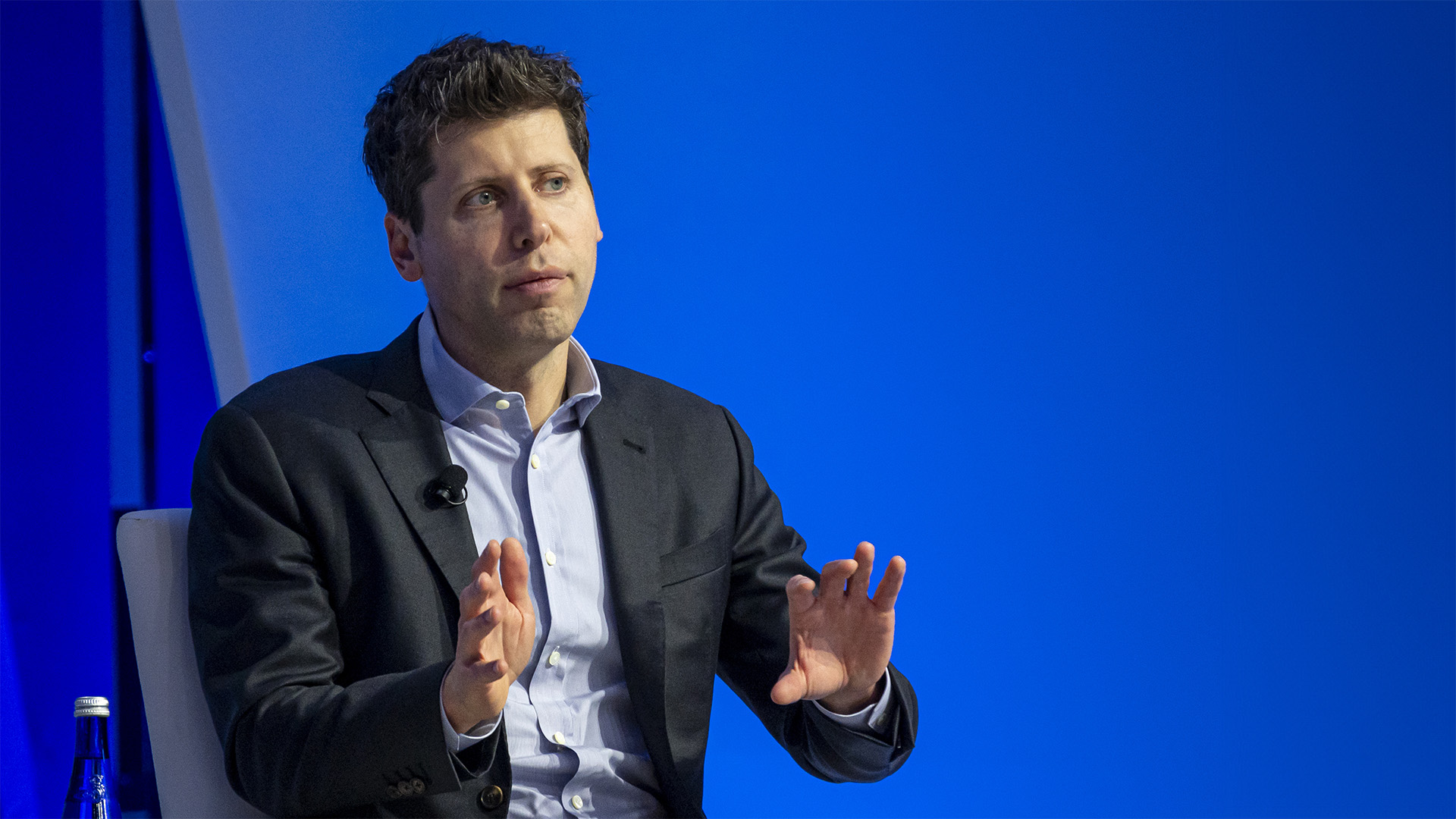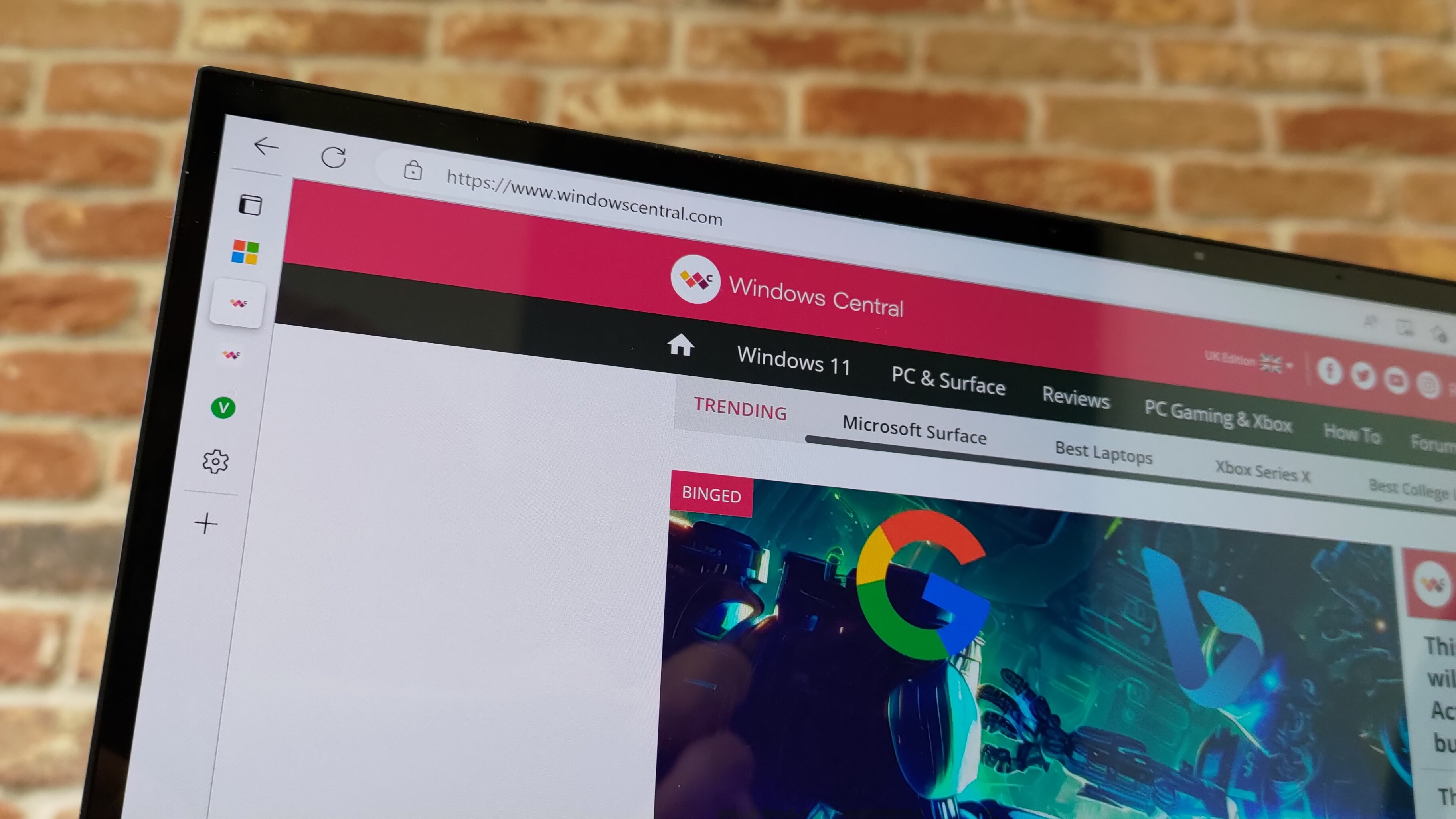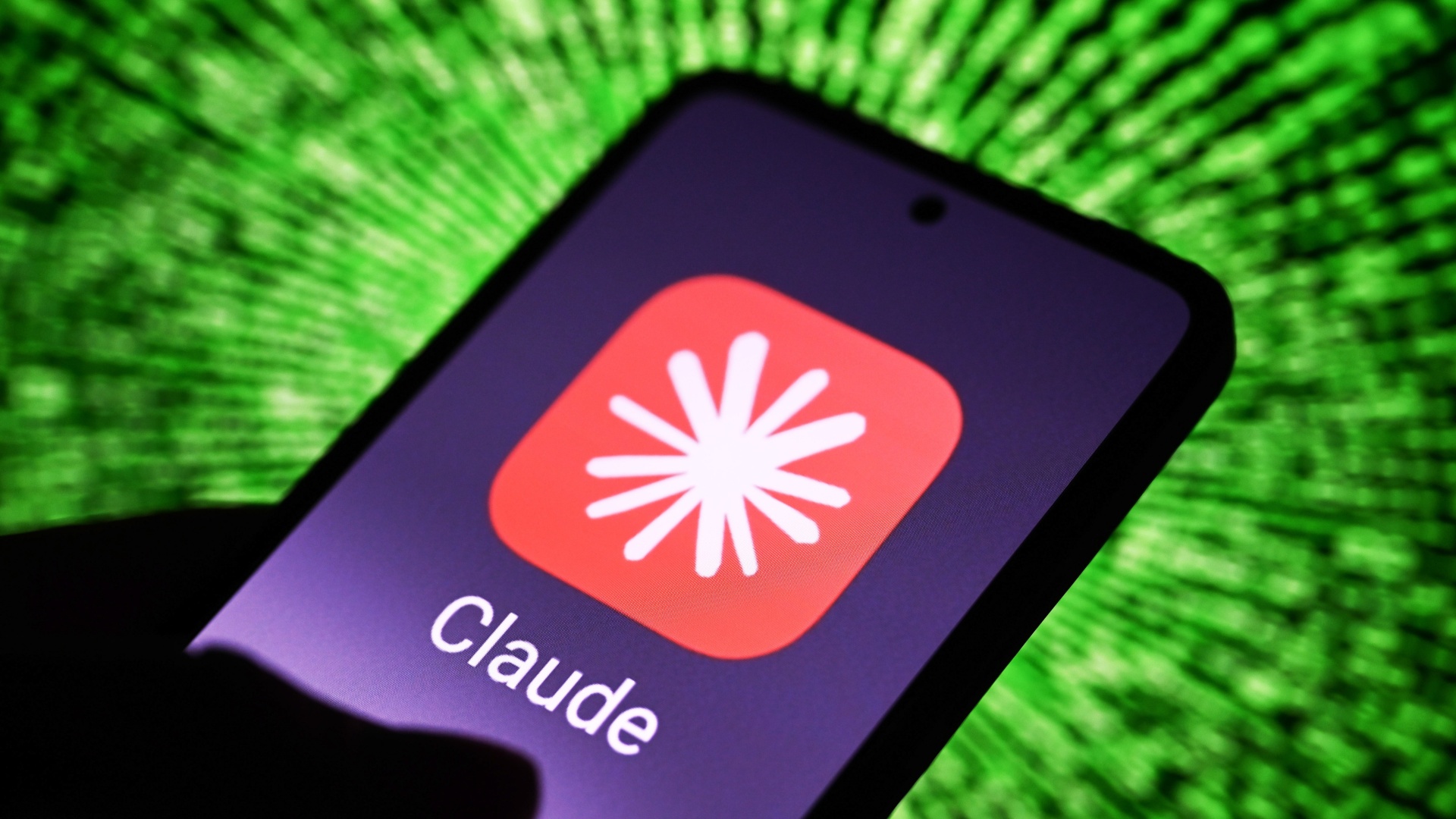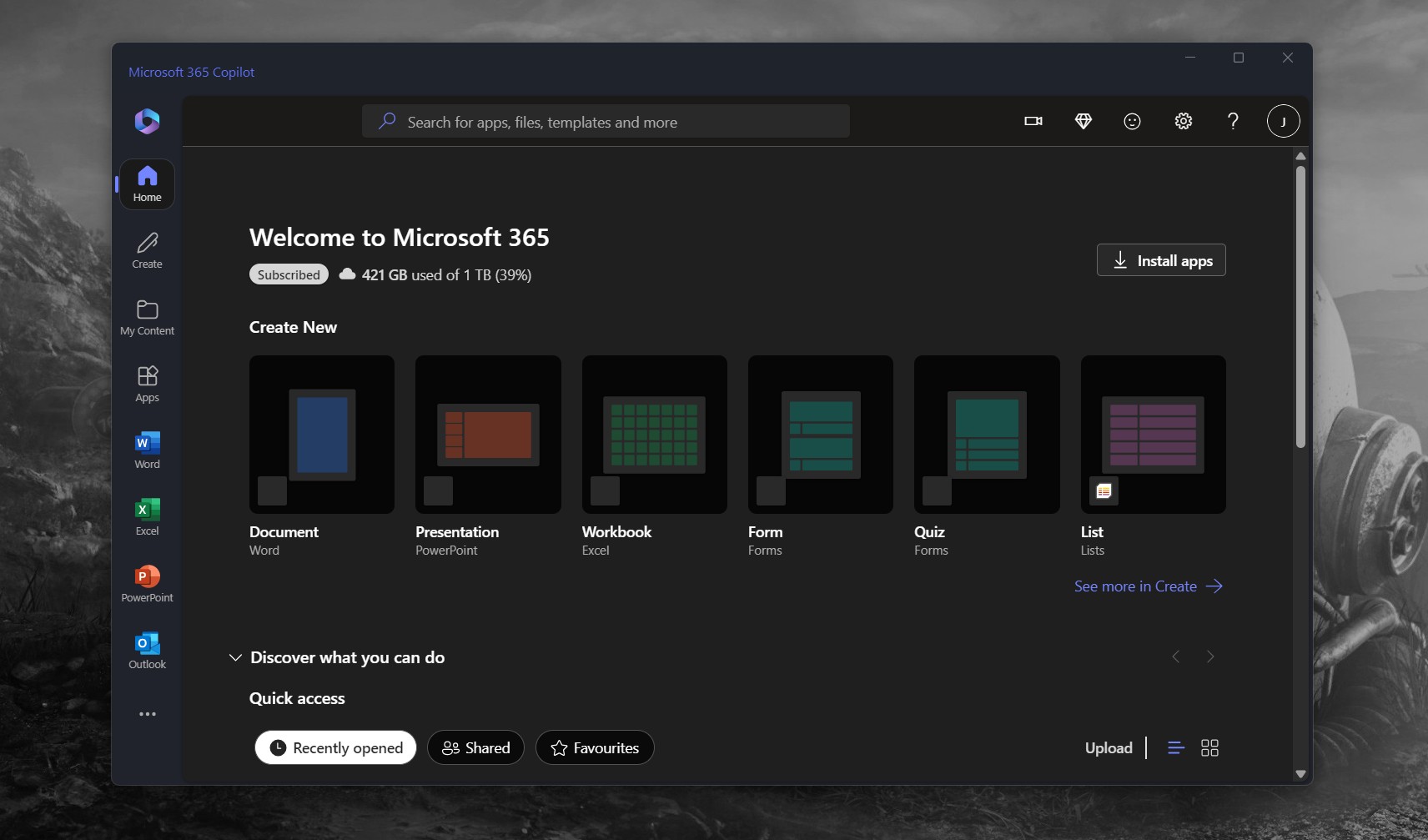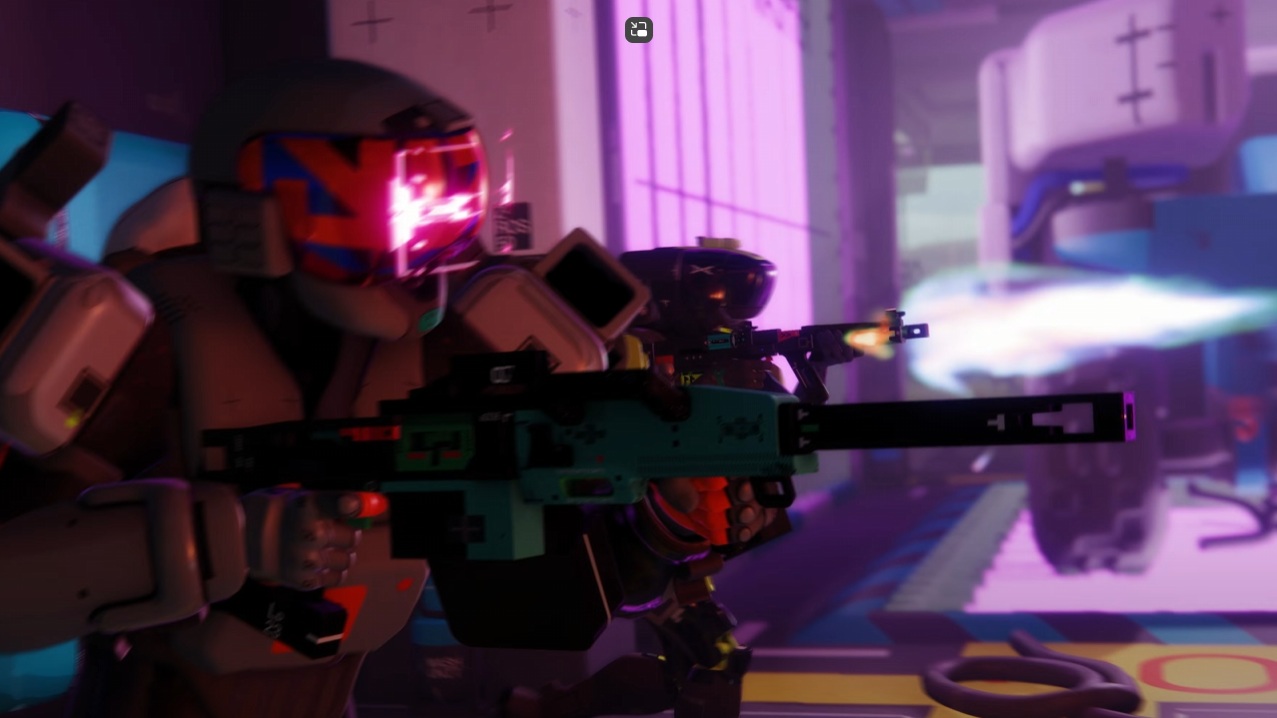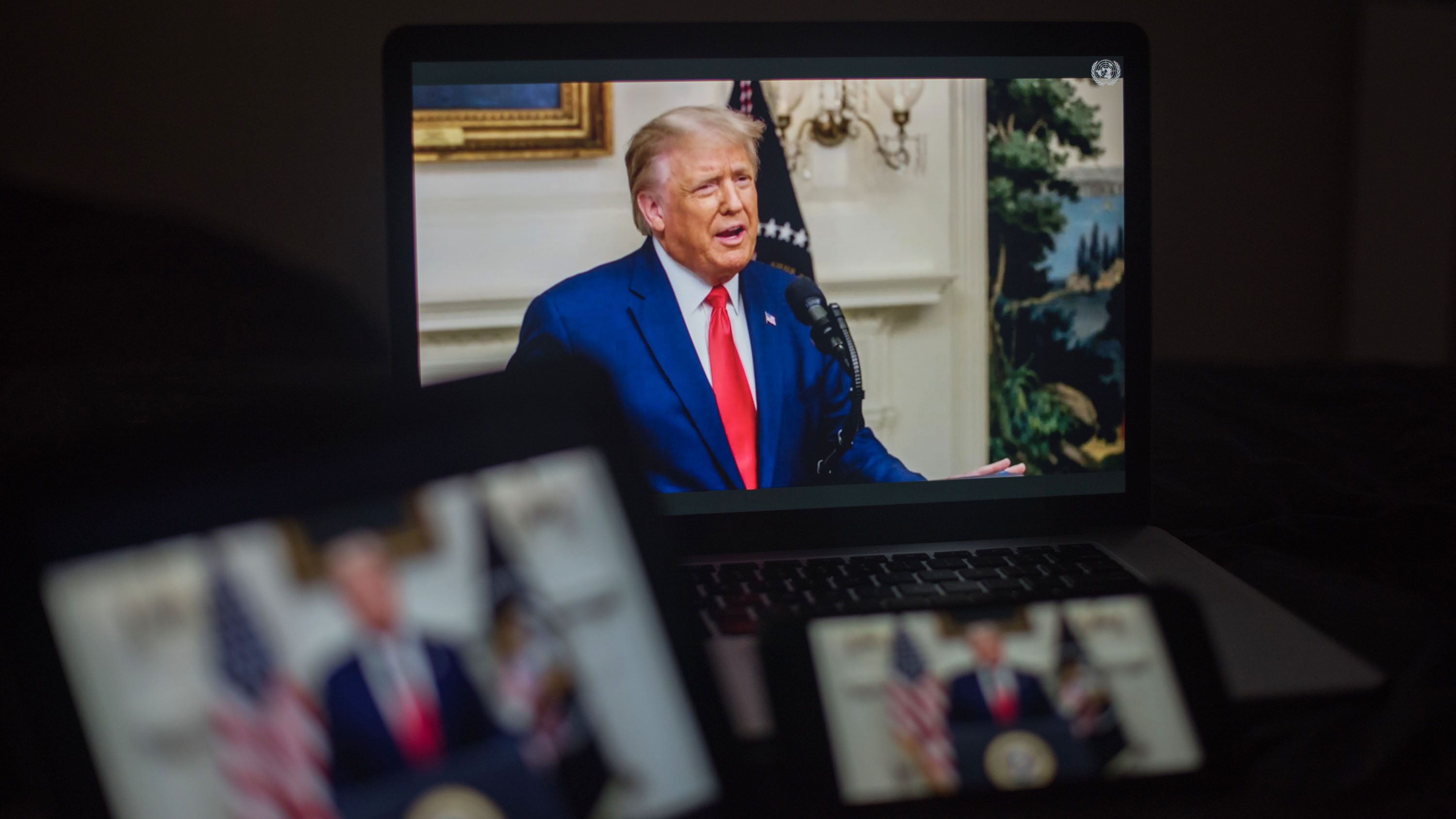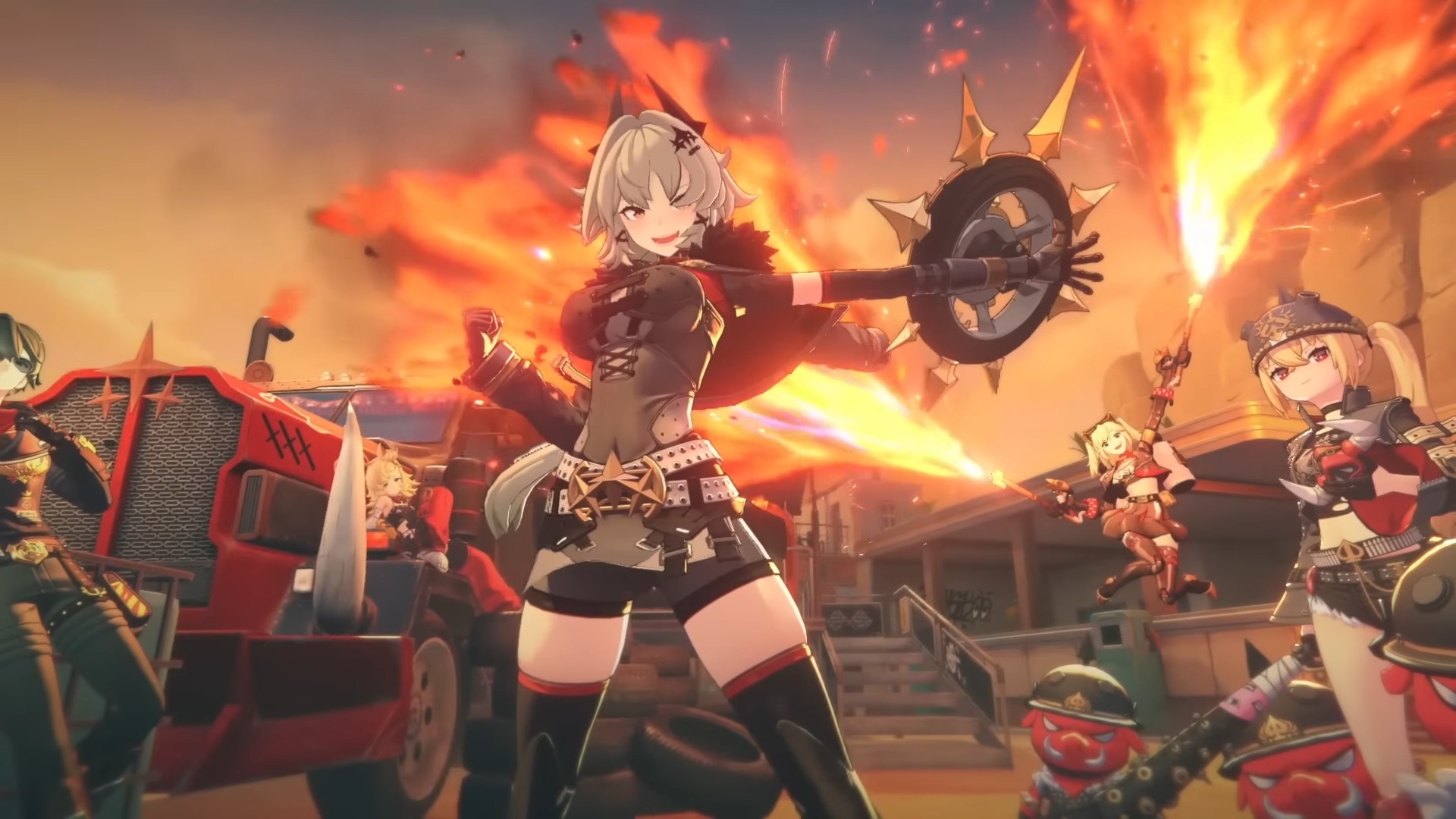When you purchase through links on our site, we may earn an affiliate commission.Heres how it works.
OpenAI and Microsoft have spent much time in the corridors of justice fighting copyright infringement allegations.
The articles were rife with several issues, including grammar and attribution.
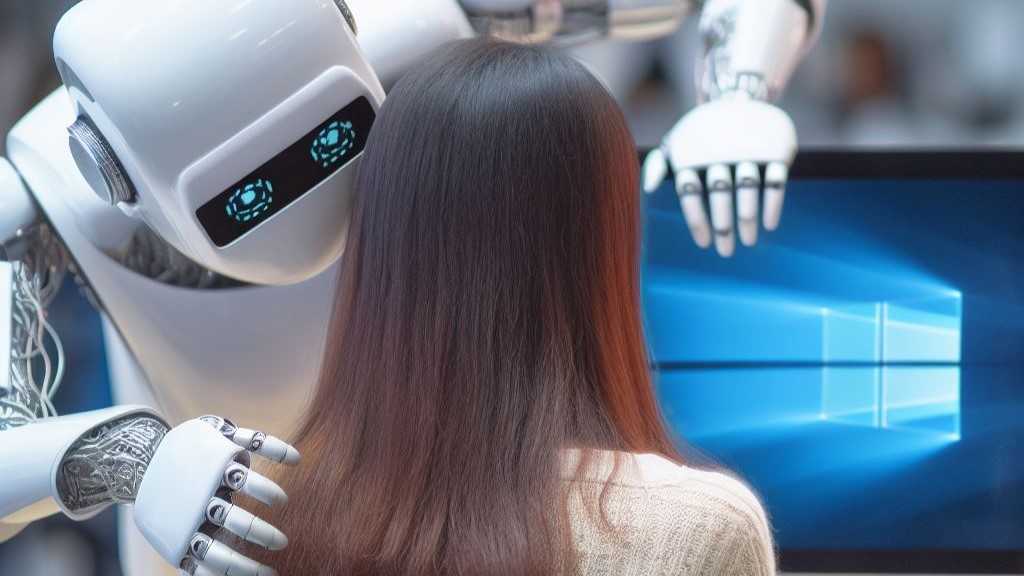
Bing AI image of a robot stopping a person from using the computer
Despite the challenges, many editors and writers have sadly lost their jobs to generative AI.
The company compelled the editor to sign an NDA and admitted that the move was designed to cut costs.
The entire process took place in two phases.
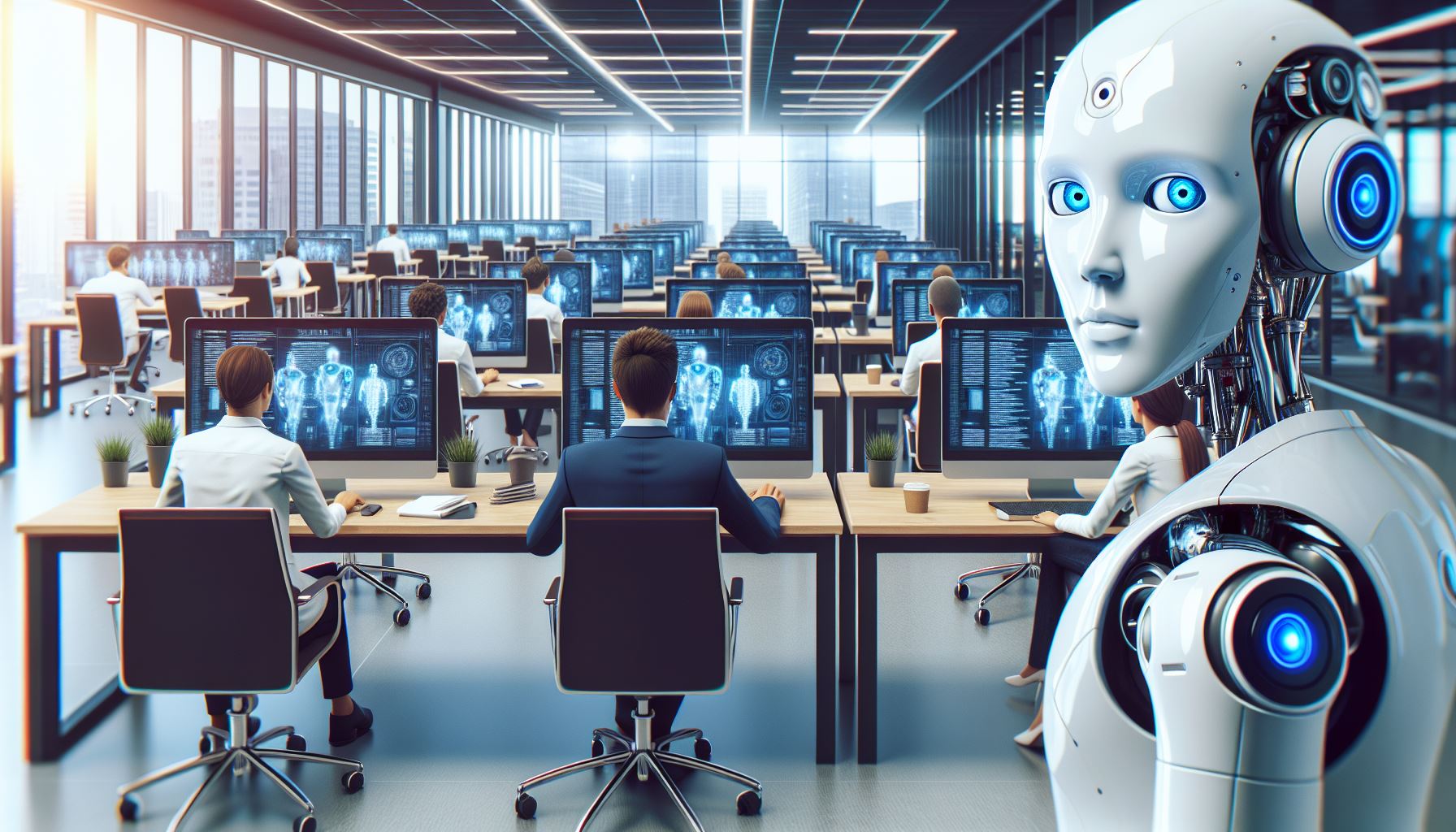
AI-powered chatbots are increasingly becoming popular in newsrooms.
The second phase got more aggressive, with ChatGPT doing most of the work.
According to the team leader:
“All of a sudden I was just doing everyone’s job.
The real problem was it was just so repetitive and boring.
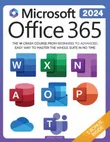
It started to feel like I was the robot.”
Interestingly, executives have expressed concerns over insufficient talent to fill open vacancies.
With the highlighted story above, it’s obvious that AI still needs significant refinement to take over jobs.

But what happens when it completely takes digital prints, if it depends on human content for training?
AI has created an emerging trend with new employment avenues for writers and editors.
This essentially means there will be a significant decline in the quality of content available on the web.

OpenAI’s new flagship model,GPT-4o is exceptionally good at writing and detecting errors in code.
AI is also knocking on the built environment’s door with eyes on architecture and interior design jobs.


